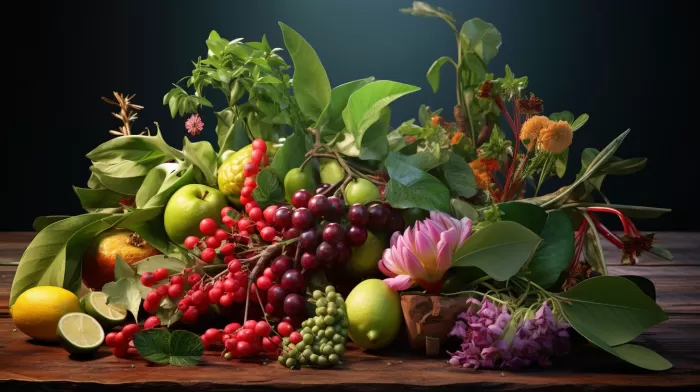I’m not much of a drinker. Not because I don’t enjoy alcoholic beverages. I do. I love a good glass (or two) of red wine with friends or a cold beer on a hot day. But I absolutely loathe hangovers… even minor ones. I’ve also read far too many studies about the toll binge-drinking takes on your body to make regular drinking a habit in my life.
But I’m only human, which means I overdo it every once in a while. You might fall into the overdrinking trap on occasion too. Sometimes you have so much fun celebrating a special occasion that you don’t realize you’ve gone too far… until you’re too far gone.
Unfortunately, you pay the next day with a pounding headache, fatigue, nausea, dizziness, the whole hangover shebang. But there may be a way to protect yourself from the repercussions of accidentally overindulging. New research shows a plant extract combo can significantly reduce hangover symptoms…
This carefully curated cocktail of herbs can lighten a hangover
A recent study published in BMJ Nutrition Prevention & Health found that a carefully curated cocktail of plant extracts can prevent you from having a brutal hangover.
The study included 214 people between 18 and 65 years old who were split into three groups. One group received a supplement containing the plant extracts Barbados cherry (Acerola), prickly pear, ginkgo biloba, willow and ginger root, along with minerals magnesium, potassium, sodium bicarbonate, zinc and the B-vitamins riboflavin, thiamin and folic acid. They also received two additional antioxidant compounds — steviol glycosides and inulin (a kind of fiber).
The second group received a supplement that contained the vitamins and minerals and antioxidant compounds but didn’t contain the plant extracts. The third group received a placebo supplement that only contained glucose.
All three groups received the supplement 45 minutes before and right after they drank beer, white wine or white wine spritzer. And the average amount of alcohol each group drank was close the same (0.62 ml/minute). Twelve hours after their drinking spree ended, researchers had them fill out a survey that gauged the intensity of their hangover. Any guesses who had the mildest hangover symptoms?
The people who took the full supplement of plant extracts, minerals/vitamins and antioxidants, of course. Compared to people who took the placebo, their headaches were 34 percent less intense. They were 42 percent less nauseous. Their indifference was 27 percent lower. And their restlessness was 47 percent lower.
Why did these plant compounds protect people from a more serious hangover?
Researchers say the polyphenol and flavonoid compounds in these plant extracts have been shown to lessen the physical after-effects of alcohol in previous studies. They don’t know exactly why. But whatever works, right?
Should you use herbs for hangover prevention?
Of course, the best prevention for a hangover is to drink wisely when you drink. My best advice would be to stick to one to two drinks max… in which case you wouldn’t need to worry about hangovers at all.
But accidents happen, and if you want to try these hangover preventive herbs on such an occasion, you’ll have to do a little homework beforehand. They aren’t currently available in one supplement. And unfortunately, the study didn’t provide the exact dosage of each herb used in the supplement they provided participants.
These herbs are, however, readily available as supplements and come with dosing guidelines you can use for safe consumption. But just to be safe, consult with your doctor and/or an herbalist to make sure the doses you take are right based on unique factors like your health history and other medications and supplements you’re currently taking.
Sources:
Plant extract combo may relieve hangover symptoms — MedicalXpress.
Randomised double-blind placebo-controlled intervention study on the nutritional efficacy of a food for special medical purposes (FSMP) and a dietary supplement in reducing the symptoms of veisalgia — BMJ Nutrition, Prevention & Health.



